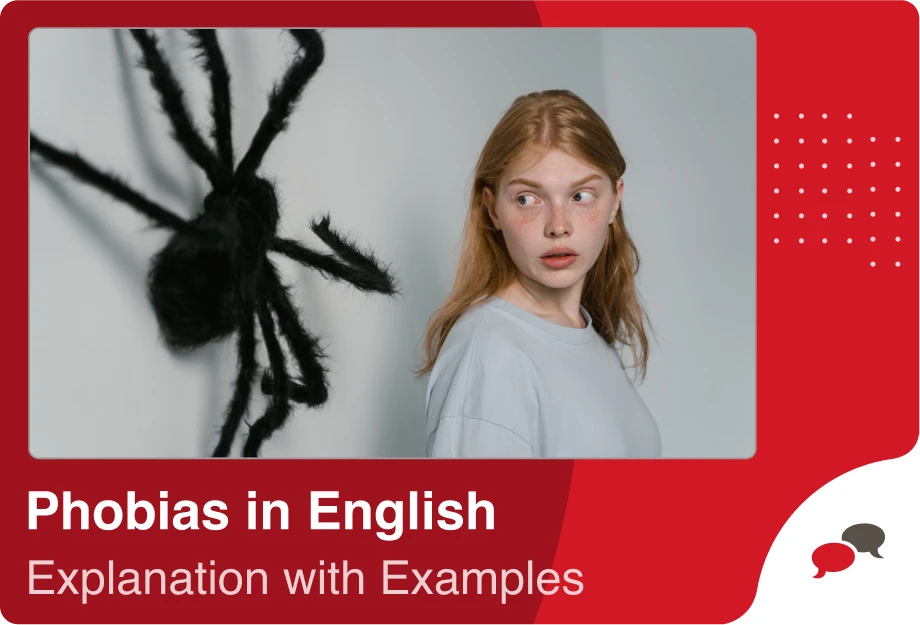In English, there are different types of words that are commonly used during daily conversations. Collective nouns are a type of word that you can hear while communicating in English. These words are used to describe a group or collection as single entities. Here, we have put together all the information you need on collective nouns in order to understand this concept.
What is a Collective Noun?
A collective noun is a term used to describe a group or collection of people, animals, objects, or concepts as a single entity. Despite referring to multiple items or individuals one by one, collective nouns are typically treated as singular entities in grammar. This category of nouns allows for a more efficient way of referring to groups without listing the individual members.
How Groups Are Named in English?
In English, collective nouns are the terms we use to name groups of people, animals, or things. When using collective nouns in sentences, it’s usually best to treat them as singular, especially in American English. For example, we say “The team wins” instead of “The team win.” This way, collective nouns help us talk about groups in a clear and simple way while communicating in English.
Are Collective Nouns Singular or Plural?
The way collective nouns are used as singular, or plural varies between American and British English. In American English, there’s a strict rule that collective nouns are always considered singular, which means they always need singular verb forms. This rule is followed in all kinds of writing, including formal and academic texts.
On the other hand, in British English they can be used either in singular or plural form, and this choice depends on the context. If the speaker or writer views the collective noun as a single entity, a singular verb is used. However, if the focus is on the individual members within the group, then a plural verb is more suitable.
Common Collective Nouns for Objects
Collective nouns can be used to describe a group of multiple objects. Here, we have listed the most common collective nouns for objects.
Array – an orderly arrangement, often used for things like solar panels or computer data
Assortment – a selection or variety of different things, like candies or products
Bouquet – a collection of flowers arranged creatively
Caravan – a group of travellers journeying together, often used for vehicles or camels in a line
Collection – a group of objects or works gathered together, often with a similar theme, like stamps or art
Constellation – a group of stars forming a recognizable pattern in the sky
Fleet – a group of ships sailing together or owned by the same entity; also used for vehicles like cars or planes
Forest – a large area covered chiefly with trees and undergrowth
Galaxy – a massive system of stars, stellar remnants, interstellar gas, dust, and dark matter
Heap – an untidy pile or mass of things, like rubbish or clothes
Parcel – a wrapped or packaged multi-item collection of goods, often used in the context of mail
Pile – a stack of items placed on top of each other, like books or clothes
Range – a line or series of mountains or hills; also used for a series of different things, like products
Series – a set of similar items or events presented or occurring in sequence, like TV episodes or lectures
Set – a collection of distinct items that belong together or are used together, like dishes or tools
Shower – a fall of a number of things falling together, like rain or meteors
Stack – a neat pile of something, typically orderly and arranged vertically, like papers or boxes
Stream – a small, narrow river; also used metaphorically for a constant flow of things like data or people
Wad – a small mass of soft material, often a bundle of paper or money
Common Collective Nouns for Animals
Collective nouns for animals are special terms used to describe a group of animals in a specific way. These terms can range from general to highly specific. Here, we have listed the most common collective nouns for animals.
Brood – a family of young animals, especially birds; used also for a family of young produced at one hatching or birth
Cloud – a large group, especially used to describe a dense swarm of insects or a mass of things in the air, like dust or insects
Colony – a group of animals or plants of one kind living or growing together; also used for people living in a foreign territory
Flock – a group of birds, sheep, or goats
Gaggle – a group of geese, especially when on the ground; informally used for a noisy group of people
Herd – a large group of animals, especially hoofed mammals like cows or elephants
Horde – a large group of people, often in a pejorative sense; also used historically to describe nomadic tribes
Litter – a group of young animals born to an animal at one time, such as kittens or puppies
Pack – a group of dogs or wolves; also used for a group of similar items tightly packed together
Pride – a group of lions
School – a group of fish or aquatic mammals like dolphins moving together
Shoal – a large number of fish swimming together; similar to a school but often used to describe a shallower or less organized group
Swarm – a large number of insects moving together; can also refer to a large group of small animals moving in a mass
Examples of Collective Nouns
Collective nouns are commonly used in English while referring to different types of plural entities. Here, we have listed many common collective nouns you can use in your daily English conversations.
Army: used for a large group of ants.
Bouquet – a group of flowers.
Bundle – a collection of objects tied or wrapped together.
Choir – a group of singers.
Class – students learning together.
Deck – a set of cards.
Fleet – a group of ships sailing together.
Flock – a group of birds or sheep.
Galaxy – a vast collection of stars.
Grove – a small group of trees.
Herd – a group of animals, typically hoofed mammals.
Library – a collection of books.
Orchestra – a large group of musicians playing different instruments.
Pack – a group of wolves or dogs.
Pod – a group of marine mammals like dolphins or whales.
Quiver – a collection of arrows.
Swarm – a large number of insects moving together.
Team – a group of people working or playing a sport together.
Troop – a group of soldiers or scouts.
Bundle – a group of objects held or tied together.
Here, we have also prepared some example sentences to make it easier for you to understand the use of collective nouns in daily conversations.
The cat’s litter was hidden away in a cozy corner of the barn, where five tiny kittens mewed softly.
A cloud of locusts descended on the fields, causing alarm among the farmers due to the potential damage.
A gaggle of geese caused a small traffic jam as they crossed the road in a leisurely manner.
We visited a penguin colony on the coast where hundreds of birds huddled together against the cold.
The pack of wolves moved silently through the forest, expertly tracking their prey.
A swarm of bees emerged from the hive, buzzing loudly as they started their search for pollen.
While snorkeling, we watched a colorful school of fish dart through the coral reef.
The herd of elephants slowly made their way across the savannah at sunset.
Every spring, a large flock of migratory birds can be seen resting by the lake.
Frequently Asked Questions About Collective Nouns
Is family a collective noun?
Yes, family is considered as a collective noun.
What is the collective noun for soldiers?
The collective noun for soldiers is an army.
Is zoo a collective noun?
Yes, zoo can be considered as a collective noun since it refers to a group of animals.
Can two be a group?
Yes, a word that describes a group of two can be considered as a collective noun.
Would you like to put what you have learned into practice? You can access everything you need to learn English on a single platform! With 25-minute one-on-one live English lessons, 40-minute group lessons, more than 30,000 interactive videos, vocabulary learning tools, AI-supported tutor MiMi, quizzes, and interactive activities, EnglishCentral offers its users a personalized and quality education plan at an affordable price. How about registering for EnglishCentral now and starting to learn English?











